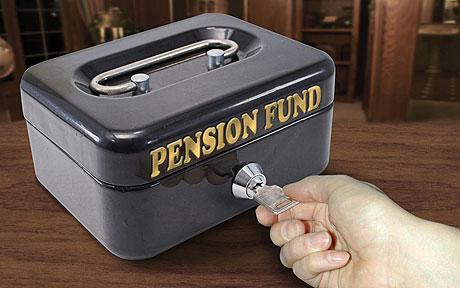The government’s White Paper shows that there are short-term gainers but longer-term losers from the policy, reports The BBC.
Instead of a basic pension of £107 a week plus various means-tested top-ups, recipients will get £144 in today’s money from 2017 at the earliest.
The government said this was fairer for the self-employed and many mothers.
Figures in the White Paper, published on Monday afternoon, suggested that at least half of all people reaching state pension age before 2050 were likely to have a better outcome under the new system than they would if the current system were to continue. Of these, the majority would be better off by at least £2 per week.
However, by 2060, more than half would be worse off than if the current system continued, because they could not build up a state second pension.
After April 2017, people will also have to work longer, making 35 years’ worth of National Insurance (NI) contributions, rather than the current 30, to qualify for the full pension.
Anyone who has not paid NI for at least seven, or possibly even 10, years will not qualify for the new state pension at all.
The system of pension credit will continue, but only to provide those ineligible for the new pension with a safety net.


